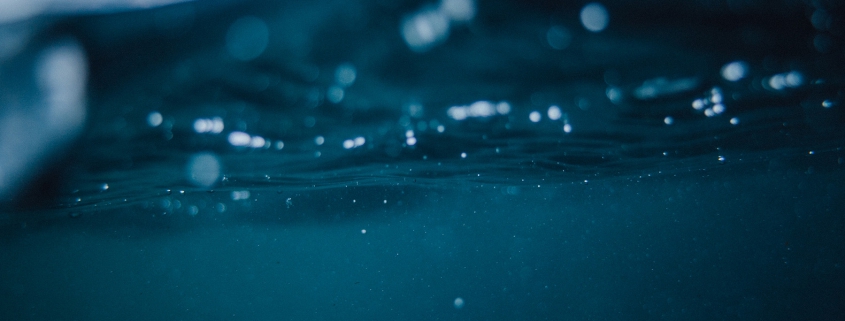Focus on northern aquaculture industry

Parliament’s Joint Select Committee on Northern Australia met in Broome and Perth in June as part of its investigation into opportunities to expand the aquaculture industry in Northern Australia.
Aquaculture is the farming of captive-bred stock or naturally occurring juveniles of wild caught stocks and it is Australia’s fastest growing primary industry, accounting for 34 per cent of total gross value of seafood production.
The inquiry follows findings and recommendations in the committee’s Pivot North Report that the Government facilitate the development of the aquaculture industry in Northern Australia by improving the regulatory framework.
The Commonwealth Scientific and Research Organisation identified about 594,000 hectares in Queensland, 528,000 hectares in the Northern Territory, and 516,000 hectares in Western Australia as being suitable for aquaculture.
“This is an area greater than the combined land area of Brisbane, Darwin and Perth and demonstrates there is significant potential for farming sea and freshwater products along coastal regions of Northern Australia,” Committee Chair, the Hon Warren Entsch MP said
 The Western Australian Government recently announced the creation of the Kimberley Aquaculture Development Zone.
The Western Australian Government recently announced the creation of the Kimberley Aquaculture Development Zone.
“This initiative has the potential to boost aquaculture on the north west of Australia, and improve employment opportunities in the Kimberley region,” Mr Entsch said.
Pearl farmers, local shires and the Kimberley Training Institute’s Aquaculture Centre gave evidence at the hearings in Broome while companies and organisations with an interest in the Kimberley Aquaculture Development Zone presented to the committee in Perth.
OEPA Marine Ecosystems Manager and WAMSI Dredging Science Node Leader Ray Masini fronted the committee in Perth representing Environmental Protection Authority Chairman Paul Vogel.
“The Committee was very interested in the work of WAMSI generally, and in particular the Kimberley Node, which will provide important contextual information to support strategic planning in this important part of northern Australia. This was a perfect opportunity to table the Blueprint for Marine Science 2050 focussing on the research needs identified for the aquaculture sector developed through extensive stakeholder consultation,” Dr Masini said.
In response to the meetings, Northern Australia Committee deputy chair Alannah MacTiernan said, “Science needs a full seat at the table in planning for aquaculture in northern Australia.”
“There is enormous potential for further development of an aquaculture industry in the North West, but what is clear is that we need to embrace science and research to ensure we get the optimum result,” the deputy chair said.
Hearing programs are available at www.aph.gov.au/jscna

